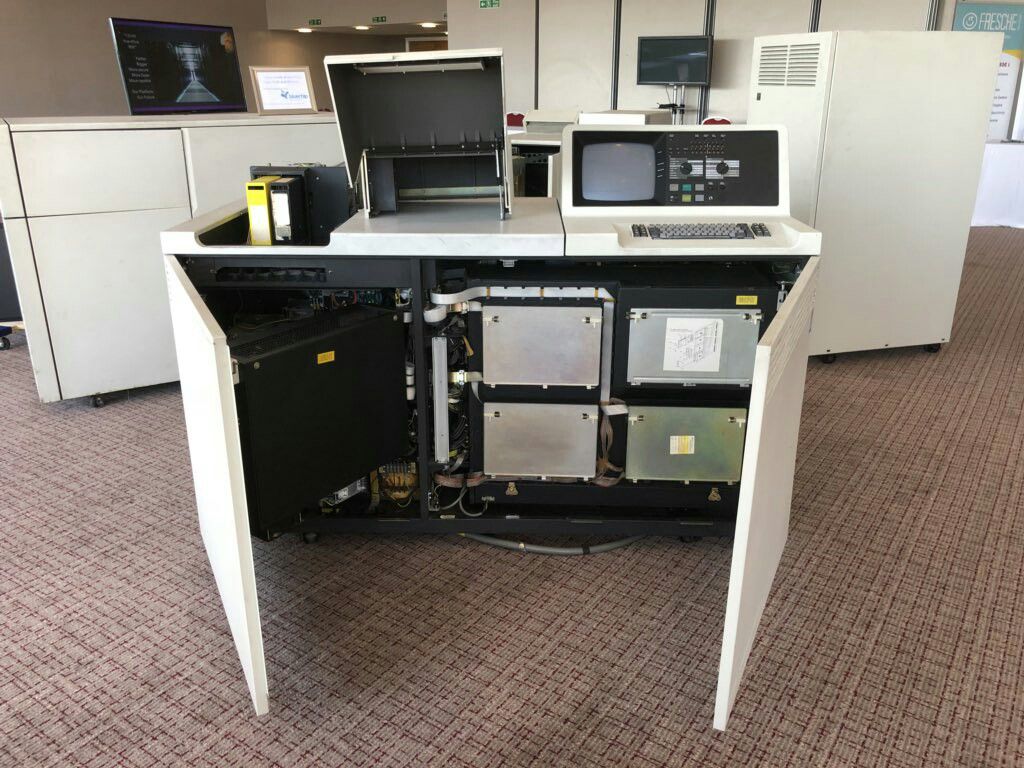My phone battery is heading south, and she ain't bouncing back up. I've been searching all over Lawrenceburg, TN for a phone repair shop this afternoon and we don't have one.
Heading to Seattle with a dead phone is not an attractive option. Ok, just found a place down in Florence, AL called Fix N' Go. He has one Samsung Galaxy S20+ battery in stock, and he can do the job for $90.
The guy was really knowledgeable, had me go to settings and get the exact model type, and he had it in stock, as opposed to his other two competitors in town, who I tried first.
Cool, I've been trying to figure out what I was going to do tomorrow. I told him I would be there at 0900 sharp.
But, what if it's not the battery? The other day I had a moisture alert for the charging port. What if I damaged it by not letting it dry out completely, before using it?
Man, maintaining your stuff is getting really complicated in 2022. In my early life, things were simple. As I approached middle age I was absolutely convinced that I would never make it to the year 2000, much less hold an amazing computer in my hand twenty two years in.
Around 1980, I coordinated the purchase and delivery of an IBM storage system (hard drive) for Interocean Steamship Corp in SF. We hooked it up to their Sys3, Model 38, which was a large computer. It would take up to 1/3 the space of my living room.
The big drive arrived and everyone was excited. It was on rollers, stood four foot square, and sided right up to that IBM mini-computer.
Ya wanta know how much space was on that drive?
One megabyte. One measly million bytes. But for this growing company, it was like data from heaven.
One byte consists of eight bits of binary data (0 = Off, 1 = On), representing a value from 0 to 255. Mapped against a character set, one byte represents one unit, whch could be a letter, a number, or a special code.
For example: 01101111 is the binary version of lowercase o. Think of a byte as one character.
One megabyte=1,000,000 bytes. One gigabyte=1,000 megabytes. One terabyte=1,000 gigabytes.
Today, we deal in terabytes, which is one million of those $65,000 one megabyte IBM drives.
If our society survives another ten years, can you imagine what lies ahead?
...but I digress
